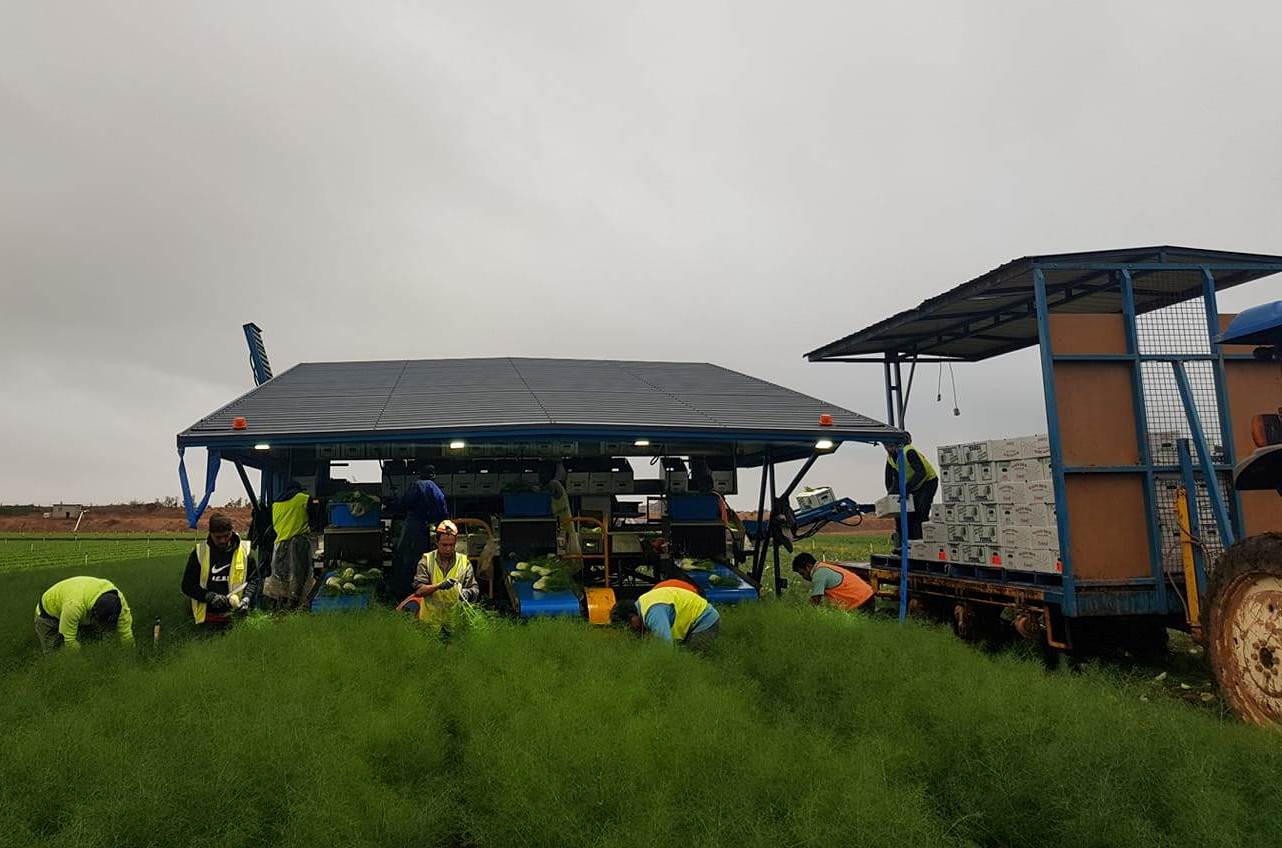
Timorese workers in Australia in 2019
Brain drain 2: general solutions
By Richard Curtain
14 October 2022
As the first blog in this series outlined, the terms ‘labour loss’, ‘skills shortage’, and the more emotive ‘brain drain’ are increasingly being heard in the major countries that send workers to Australia and New Zealand under these two countries’ various Pacific labour mobility schemes.
In this blog, I put forward some general solutions to this problem. In the third and final blog, I identify specific solutions to particular types of brain drain.
One general recommendation is to move away from the common practice of employers or their agents recruiting seasonal workers from urban areas. This practice has occurred in all three of the main sending countries: Vanuatu, Samoa and Tonga. Workers have been recruited from the main urban areas of these countries because in many cases governments, employers and agents have not been willing to go to the additional expense of travelling to rural areas.
A pro-poor recruitment strategy requires that workers be selected from areas that are often remote. New Zealand employers have made some effort to recruit directly from villages. But Australian labour hire firms, to keep their costs low, have often not made this effort. Fiji and Tonga have in the past set up a village-based recruitment process which could serve as a model.
Timor-Leste has made a major effort to move away from its earlier practice of recruiting workers from Dili. The Timor-Leste government did this in 2019 by travelling through all the districts (municipalities) in the country to register workers for their work-ready pool. They also tested them for their level of English, fitness, and colour recognition. However, this recruitment method excludes employer preference for trusted return workers to select replacement workers. Employers therefore need to negotiate with the Timor-Leste government a recruitment strategy that meets the needs of both parties.
More controversially, governments could also bar certain categories of citizens from applying for temporary labour schemes, for example, those employed by the government, those employed in the formal sector, or those with particular qualifications or occupations. However, this would be difficult to enforce and would create perverse incentives.
Another way to minimise risk of brain drain is for employers to recruit new workers from countries with large populations where there are more unskilled workers, more underemployed and unemployed skilled workers, and fewer labour mobility opportunities. A recent story from the Solomon Islands of an unemployed law graduate working as a cleaner in Australia illustrates this point.
As an Approved Employers of Australia submission to DFAT has recommended, employers, with support from the Australian government, should switch from the small population countries of Tonga, Samoa and Vanuatu, and set up arrangements to recruit more workers from Solomon Islands (a process that is already underway), Papua New Guinea, Timor-Leste and Fiji. However, it is not all about size. The difference between Fiji and the other three is that Fijians already have less underemployment and more labour mobility opportunities.
The good news is that recruitment from Solomon Islands has recently increased. However, the Pacific’s two biggest countries, PNG and Timor-Leste, are among the least engaged when it comes to Australia and New Zealand’s schemes. The governments of these countries need to lift their game to work out how to get better access to these jobs.
Approved employers may need to combine their resources to set up a resident manager in-country who can act on their behalf. A key function for the resident manager would be to work with governments to develop and implement an agreed recruitment strategy to meet the requirements of both the employers and the sending governments.
This the second blog in a three-part series.
About the author/s
Richard Curtain
Richard Curtain is a research associate, and recent former research fellow, with the Development Policy Centre. He is an expert on Pacific labour markets and migration.
